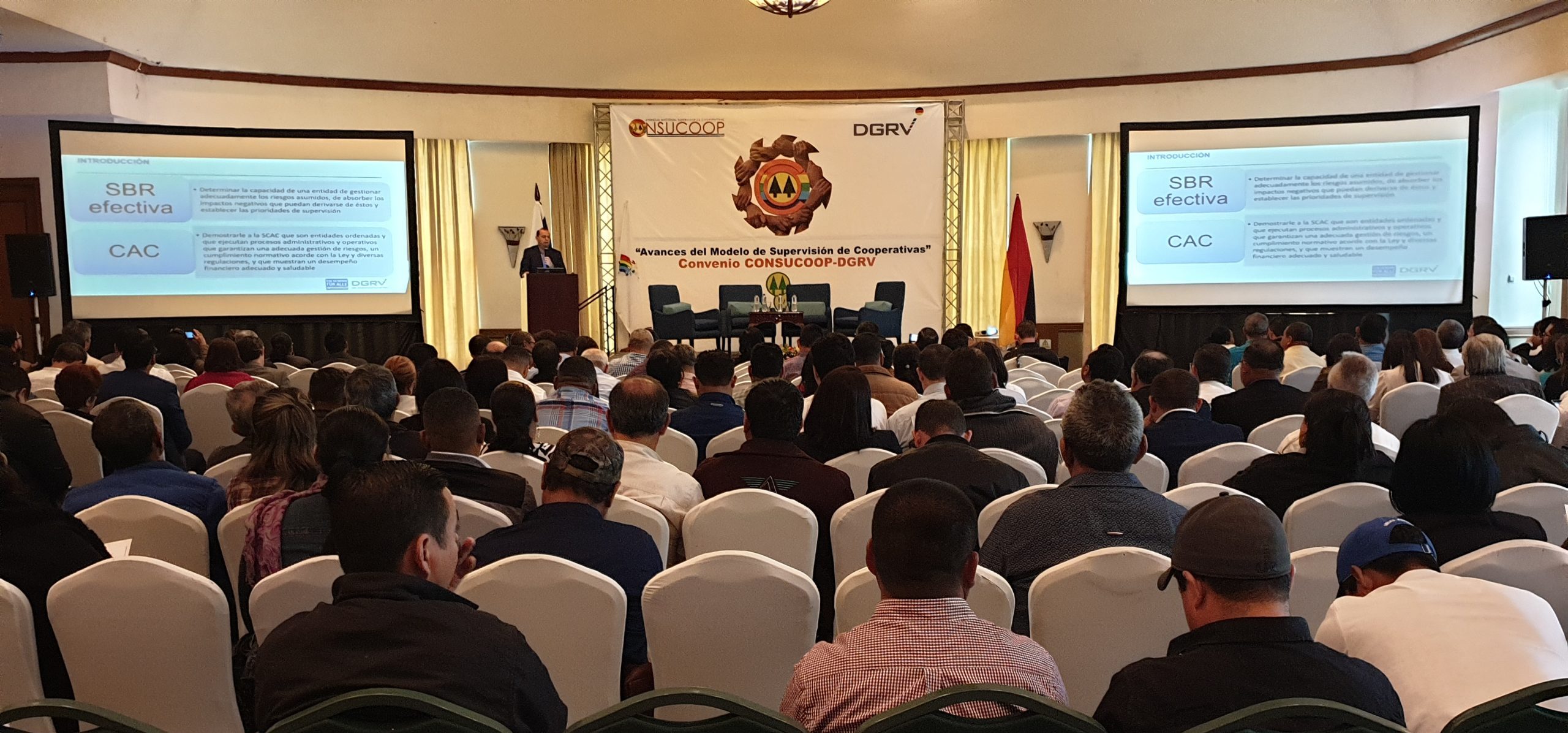

There are more than 2,500 savings and credit cooperatives (SCC), and production and service cooperatives in the country, which contribute around 5% to the country’s GDP. There are secondary institutions, such as FACACH, the national SCC federation, to which 88 SCC with around 850,000 members are affiliated. Amongst these members are more than 50% women mainly from rural areas and many MSMEs. Furthermore, in FACACH there are also young members (14-25 years according to the UN definition) of cooperatives, they are organized in committees and to work with as a project´s target group,
The project’s activities in FACACH aim to improve the economic and political representation of the affiliated SCC and its members in order to make the sector more visible in legal initiatives and public funding programs in the future. In addition, the association is responsible for further training and human resource capability building within SCCs, which is to be better structured and systematized by setting up a training system. Furthermore, the project’s activities seek to expand, and qualitatively improve the administrative, financial, and institutional advice, including affiliated companies through consulting, training and the use of management tools. At the same time, a concept for sustainable financial products should be developed and implemented, which specifically promotes sustainable entrepreneurial initiatives, particularly for MSME-members.
The supervisory body CONSUCOOP has taken over the supervisory role for SCC since 2016, when the cooperative sector’s regulation was reformed. The review and improvement of prudential standards, the supervisory model and the supervisory processes were addressed last year as part of a structured advisory program and are to be continued.
With its activities, DGRV contributes to several Sustainable Development Goals, especially:
The principal activities of DGRV’s project in Honduras can be summarized across sectors with the following topics:
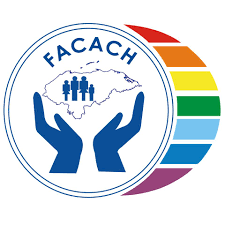
FACACH is the integration and representation body of the savings and credit cooperatives in Honduras, committed to providing educational and technical financial solutions that meet the market requirements.

Autonomous and capital-owned Honduras Cooperative Control Authority.
The activities of the project in Honduras are supervised by the DGRV office in Mexico:
Str. Porfirio Díaz No. 106
Col. Del Valle, Del. Benito Juárez
C.P. 03100, México D.F
F. +52 55 5687 3780
mexico@dgrv.coop
Twitter DGRV Mexico
Facebook DGRV Mexico
LinkedIn DGRV Mexico
LinkedIn Team Latinamerica
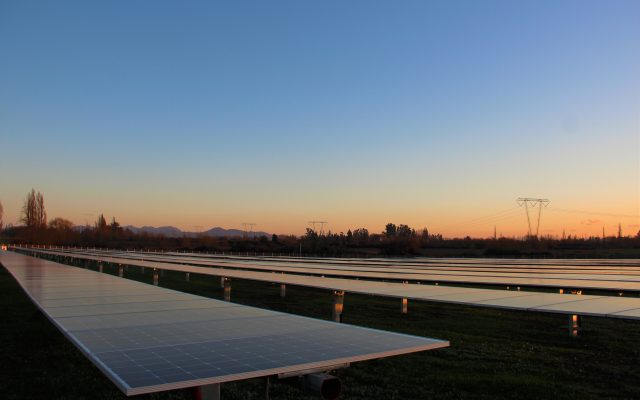 Latin America
Latin America Our activities in Chile are part of the CoopSur Project. Within the CoopSur project, we work with cooperatives and other forms of member-based cooperation in the agricultural sector, the financial sector, and the renewable energy sector. The project’s objectives pursue a multilevel approach in all sectors, addressing sustainability, protection, competitiveness, stability and continuous training. The […]
More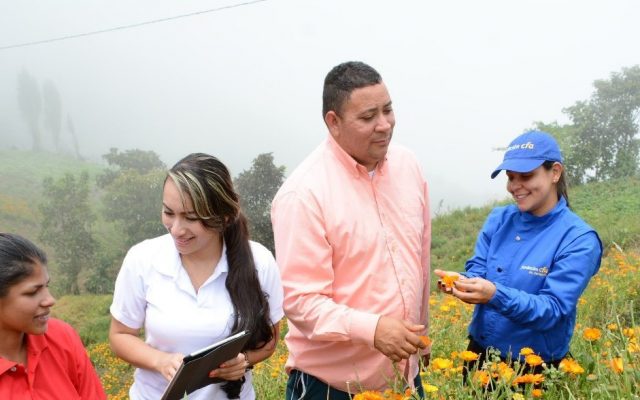 Latin America
Latin America The project work in Colombia mainly focuses on two key areas: DGRV supports its partner VISIONAMOS, operator of the Red Coopcentral payment system, in running a technical advice program for affiliated credit cooperatives. The focus is on strategic and financial planning, social balance sheets, an internal control system and profitability calculations. The benefiting cooperatives make […]
More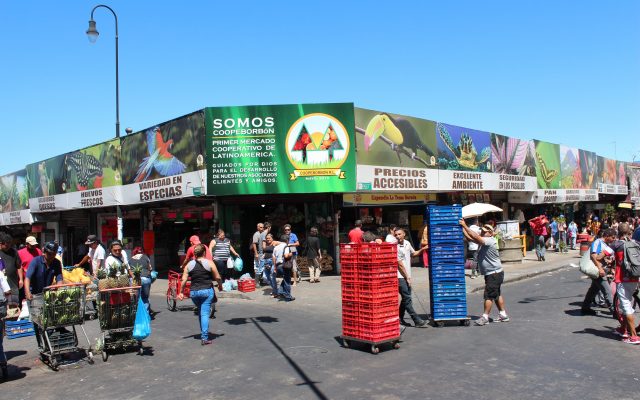 Latin America
Latin America DGRV project activities in Costa Rica mainly focus on two key areas: We support our partner INFOCOOP, the public cooperative institute, in fostering its supervisory function providing three different softwares for credit union financial indicators, for assessing the internal control systems and performing financial audits of all types of cooperatives. INFOCOOP is also advised by […]
More